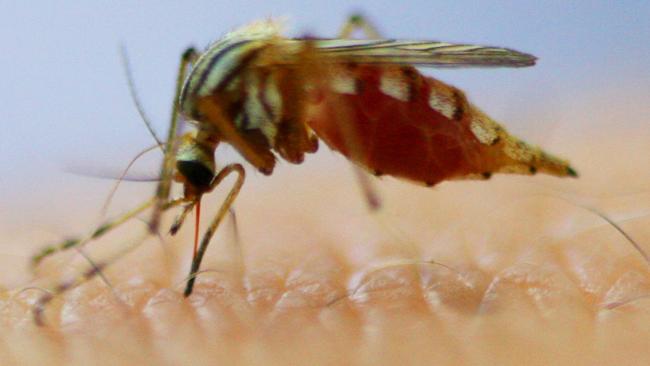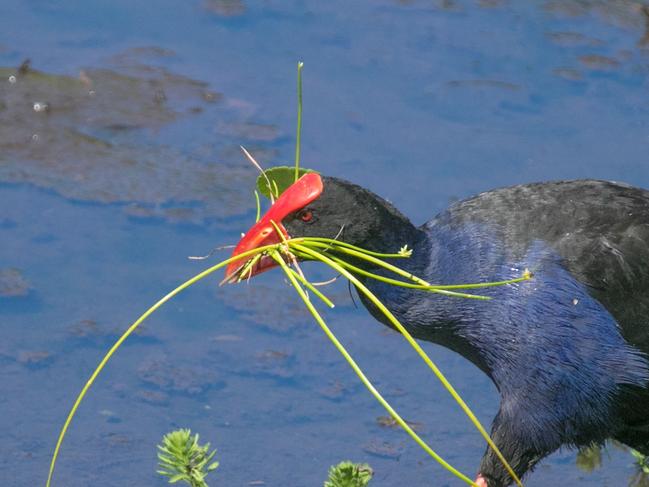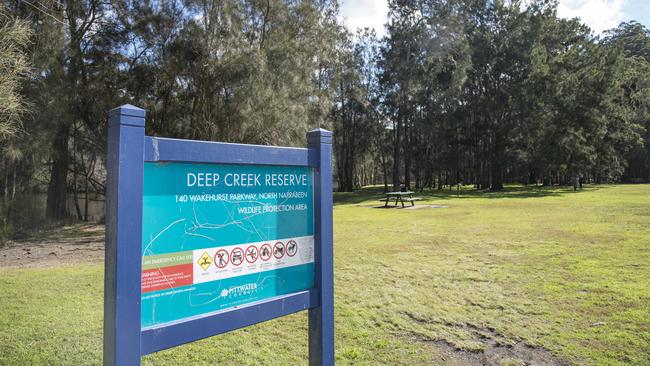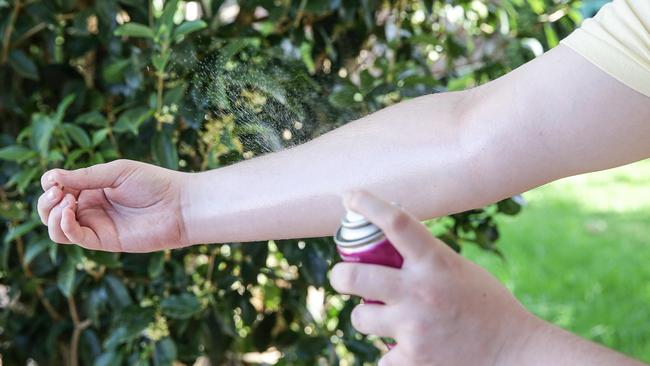Mosquito alert at northern beaches: Narrabeen Lagoon, Warriewood Wetlands
Dangerous virus-carrying mosquitoes have been found at two prominent spots on Sydney’s northern beaches prompting authorities to issue a health alert.

Manly
Don't miss out on the headlines from Manly. Followed categories will be added to My News.
- New twist in future of derelict tourist attraction
- Lunchtime teen violence on popular shopping strip
Mosquitoes carrying “nasty” viruses that can be debilitating to humans have been discovered at two popular locations on the northern beaches.
The bloodsucking insects found with Ross River Fever and Barmah Forest virus were caught around the Warriewood Wetlands and at Deep Creek, near Narrabeen Lagoon.
Health and local government authorities are now warning people to take precautions against being bitten by mosquitoes near these locations.

There are no specific treatments or vaccines for Ross River and Barmah Forest virus infections.
People bitten by mosquitoes carrying the viruses can experience flu-like symptoms including fever, chills, headache and aches and pains in the muscles and joints. Some joints can swell and a rash sometimes occurs on the body, arms or legs.
Sufferers also generally feel unwell, tired or weak at times during the illness.
Most people recover in a few weeks while others have to cope with symptoms such as joint pain and tiredness for months.
Northern Beaches Council has confirmed that Ross River virus and Barmah Forest virus were detected in mosquitoes collected at Deep Creek, at the western end of Narrabeen Lagoon, in late March. Ross River virus was found in mosquitoes collected in the Warriewood Wetlands in early April.

The council and NSW Health have been trapping and testing mosquitoes in six potentially high risk locations on the northern beaches since December last year as part of a program to identify if arboviruses (transmitted by mosquitoes) are present and what can be done to reduce risk.
Ross River virus and Barmah Forest virus are commonly found in kangaroos and wallabies. Mosquitoes pick up the virus by feeding on an infected animal and can pass it onto humans.
Northern Sydney Local Health District public health director Michael Staff said residents should protect themselves from potentially infected mosquitoes.
Dr Staff said the viruses could be debilitating but most people recovered within a few weeks.
“A small proportion can have longer term problems such as aches and joint pains.
“The sensible thing to do is try not to get bitten. If you don’t get bitten by a mosquito, because it’s the victor that transfers it to you, then you won’t get the disease.”
Dr Staff said while the viruses where more prevalent in areas of northern NSW there have been other detections in areas around the Sydney’s Georges and Hawkesbury rivers.
The council will be erecting signs later this week advising people take precautions.
Mayor Michael Regan echoed the need for residents to be watchful.
“In the midst of coronavirus, I’m sorry to have to alert residents to the existence of another risk, but Ross River is a nasty virus and it’s important people are aware and understand what they can to do to protect themselves,” Mr Regan said.

“Although we are moving into winter and mosquito numbers are dropping, residents are advised to take the right precautions.”
Dr Staff said anyone who suspects that have either virus should contact their doctor.
The infection is diagnosed by a blood test and a second blood test taken two weeks after the first to confirm the infection
CHECKLIST:
1. Wear loose-fitting long sleeved shirts and long pants when outside especially around dusk and dawn when mosquitoes are most active.
2. Apply mosquito repellent to exposed skin using brands that contain either DEET or Picaridin.
3. Remove potential mosquito breeding sites from around the home by removing stagnant shallow water from saucers, buckets, etc. Mosquitoes like to breed in shallow stagnant water.
